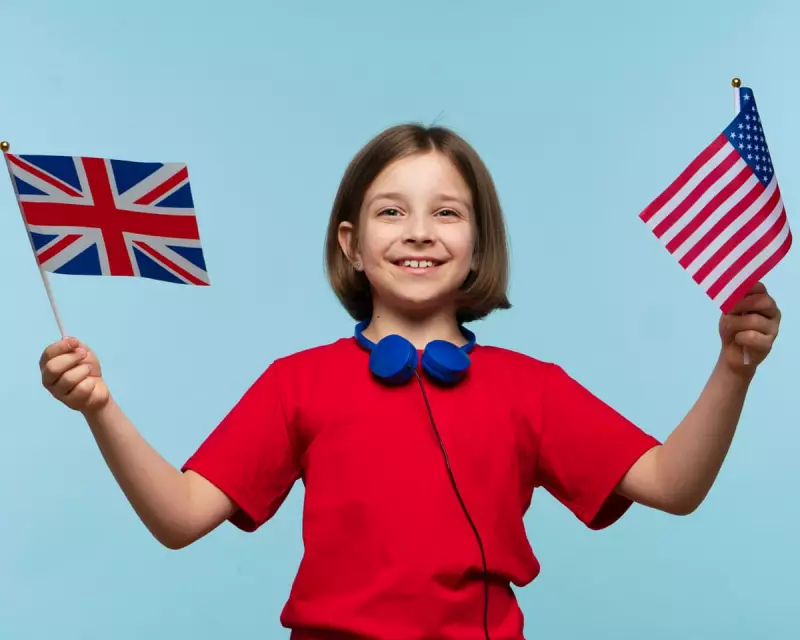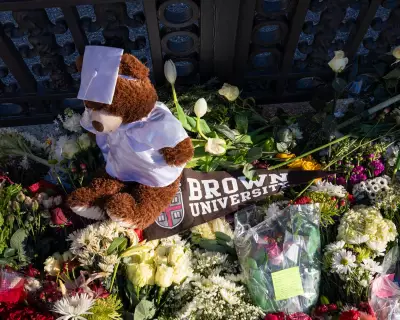
Walk into any British playground today and you might hear conversations that sound more Hollywood than Home Counties. According to new linguistic research, British children are increasingly swapping traditional vocabulary for American equivalents at an unprecedented rate.
The Transatlantic Language Shift
Language experts have identified a dramatic surge in American English usage among UK children aged 8-18. Where previous generations would have taken the 'rubbish' out to the 'bin', today's youth are more likely to take out the 'trash' to the 'garbage can'. The pavement has become the 'sidewalk', sweets have transformed into 'candy', and trainers are increasingly called 'sneakers'.
Digital Natives, American Speakers
Linguists point to several key drivers behind this linguistic transformation:
- Streaming saturation: Children consume significantly more American content through platforms like YouTube, Netflix, and TikTok than previous generations did through limited terrestrial TV
- Gaming culture: Multiplayer online games create international communities where American English often becomes the default communication standard
- Social media influence: Platforms dominated by American creators and trends expose British children to US vocabulary daily
- Globalised pop culture: From Marvel movies to Billboard charts, American cultural exports continue to dominate youth entertainment
Educational Concerns and Cultural Identity
Some educators express concern about the potential impact on children's understanding of formal British English. "When children consistently encounter American spellings and vocabulary in their leisure time, it can create confusion in the classroom," notes one primary school teacher from Manchester.
However, other linguists argue this represents natural language evolution rather than cultural erosion. "English has always been a fluid, adaptive language," explains Professor Eleanor Vance, a sociolinguist at University College London. "What we're witnessing is accelerated change driven by digital connectivity, not the disappearance of British English."
Generational Divide in Vocabulary
The research highlights a growing generational language gap within British households. While parents might still use:
- 'Football' rather than 'soccer'
- 'Trousers' instead of 'pants'
- 'Jumper' versus 'sweater'
- 'Crisps' not 'chips'
- 'Biscuit' where children might say 'cookie'
Many children now seamlessly code-switch between British and American terms depending on context, using both versions interchangeably.
The Future of British English
Rather than sounding alarm bells, many language experts see this as evidence of English's continuing vitality and adaptability. As global communication increases, linguistic borrowing becomes inevitable. The question isn't whether British English will survive, but how it will continue to evolve in our increasingly connected world.
What remains clear is that the playgrounds of Britain are becoming linguistic melting pots, reflecting both the nation's heritage and its place in a globalised digital age.





